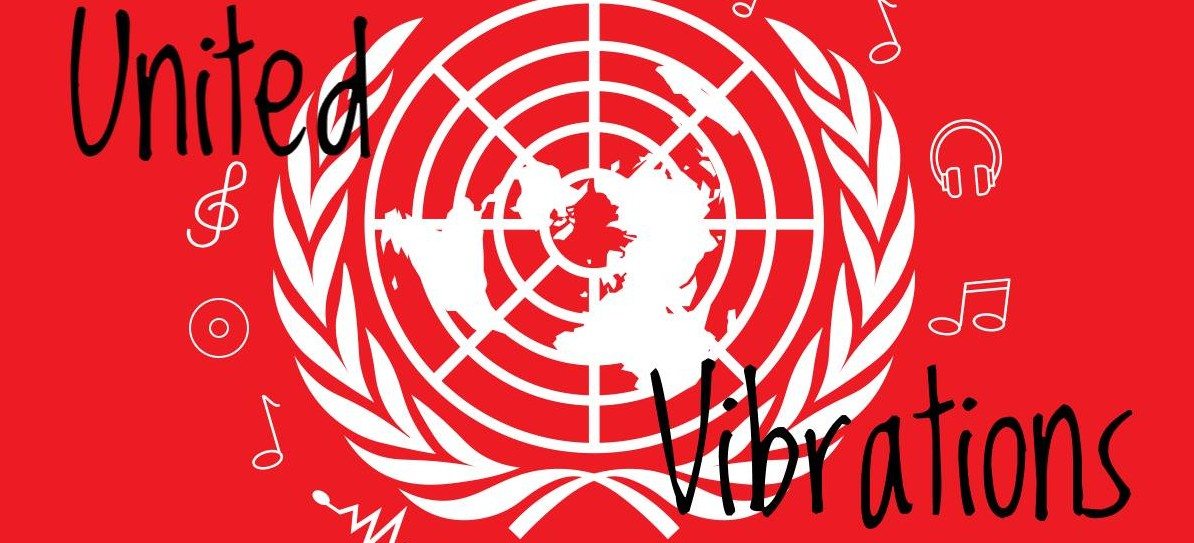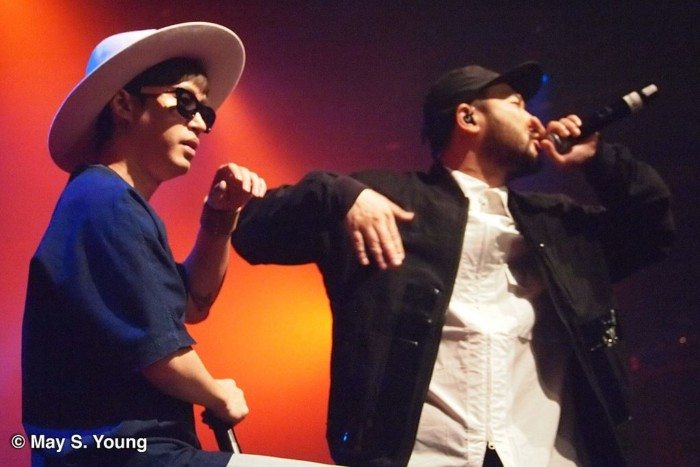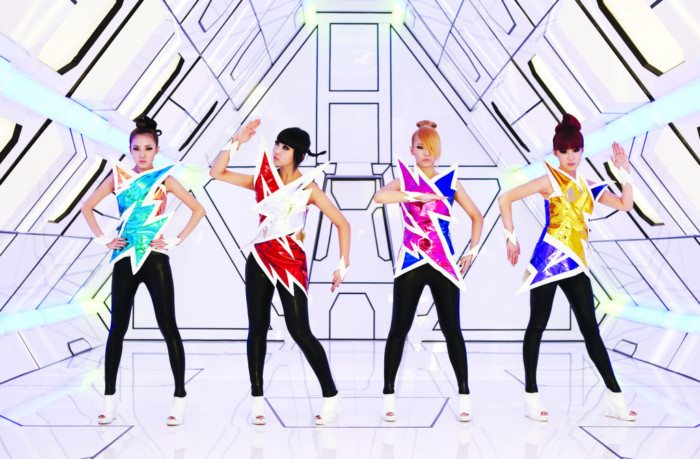United Vibrations: the South Korean hip-hop phenomenon
We asked cultural societies around campus to share their musical heritage with us. Warwick KoreanSoc writer Sohee Kim’s explores the perhaps suprising popularity of Hip Hop in her country.
“The principal factor behind hip-hop’s popularity is its use of rap and spoken word which perfectly complement the heavily oral-based nature of the Korean dialect, its annunciation and syntactical construction.”
South Korea is currently experiencing a hip-hop phenomenon. The K-Pop music market is now flooded by the genre, with new rap and crossover hits dominating the charts, so much so that it’s hard to believe that it was a niche genre music genre only a decade ago, neglected by the prevailing popular forms. But now, hip-hop has established itself as one of the most popular music genres in South Korea. The national media supports this, constantly introducing new shows starring hip-hop stars and their music. Some see the genre’s popularity to be closely related to the linguistic nuances of the Korean language. Ae Kyung Park, a Korean music critic, states that the principal factor behind hip-hop’s popularity is its use of rap and spoken word which perfectly complement the heavily oral-based nature of the Korean dialect, its annunciation and syntactical construction. Historically, when the US went through it’s hip-hop golden age in the early 1990s, its influence spread to South Korea and seeped into its culture, facilitated by an amicable relationship between the two countries.
Many Korean critics say that the first genuine Korean hip-hop was introduced through the debut album of the acclaimed duo Deux. After this, the style was seen to split into two subsections: over ground and under-ground. At that time in the two principal music collectives were Uptown and Jinusean. Uptown highlighted the authentic, traditional elements of hip-hop whereas Jinusean’s music was closer to popular music. 1999 was arguably the most significant year in Korean hip-hop- the famous compilation album ‘1999 Republic of Korea’ was released to massive acclaim, and was the first LP then to include both the mainstream and sub-culture strains.
Since then, two Korean hip-hop groups have respected their different ways. Record label YG entertainment has pioneered over-ground hip-hop, introducing various artists who began to fuse elements of K-pop, such as 1TYM, BigBang and 2ne1. Unlike its main-steam counterpart, under-ground hip-hop drew more inspiration from American roots of the genre. This movement was led by the MCs Drunken Tiger and T, who comprised the Uptown crew. Around this time, the first hip-hop nightclubs started to appear nationwide. Those who shared a common passion for the music got together in these venues, leading to further collaboration and the synthesis of future big-name-artists, such as Garion and Dynamic Duo. From 2000 to 2003 these partnerships lead to a string of new record labels, some of which persist to the present day. The first over-ground label was the influential Chunrian Records, which was spearheaded by the aforementioned Deux.
This label became home to a roster of artists, including DJ Doc, Garion, CB Mas, and Honey family. Underground quickly caught up with this trend, setting up its own Movement Crew label, led by drunken Tiger and Leessang. Movement also operates in the modern market, singing artists Dynamic Duo and Epik High. Even though they started off from the under scene, they have invaded the Top 100 chart music and gained enormous popularity and sales.
Timbaland: “[Show me the Money] is the most innovative show that I have ever head of. They took something that was heavily American culture and made it their own culture.”
As hip-hop was slowly assimilated into the mainstream, broadcasters started to introduce shows closely related to this new form of popular music. A famous music channel, M-net, launched a hip-hop reality show TV show called Show me the money. The program cemented the genre’s position in the country’s consciousness and aided numerous hip-hop hit songs as well. It has, however, come under criticism for overly commercialising traditional hip-hop. The show has won international praise from US artists such as Timbaland, who had lauded it as “the most innovative show that I have ever heard of. They took something that was heavily American culture and made it their own culture.”
Sohee Kim
Check out our essential South Korean hip-hop playlist below!
Dynamic Duo – Ring My Bell (feat. Na-ul)
Leessang – Ballerino (feat. Jung-in)
Illionaire Records – 2 Chainz and Rollies
Beenzino – Profile (feat. Dok2, The Quiett)



Comments